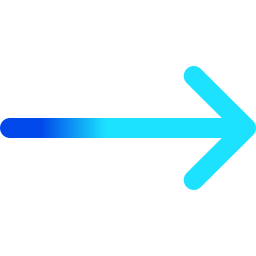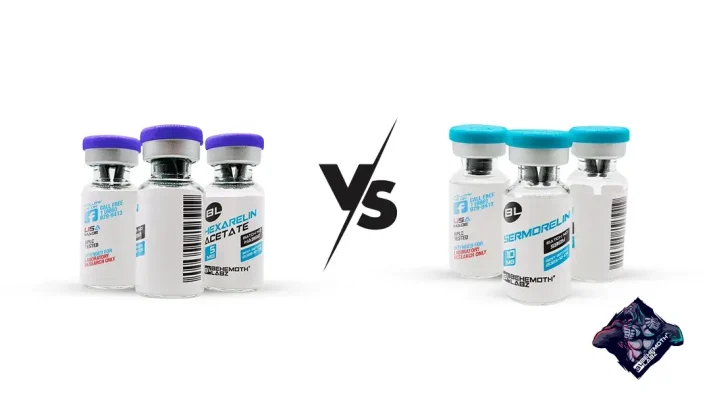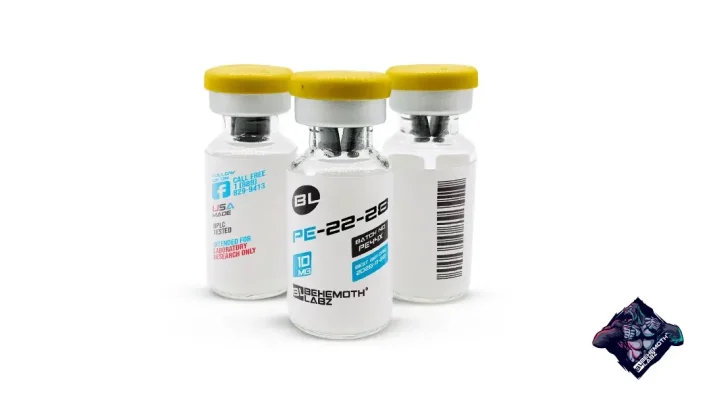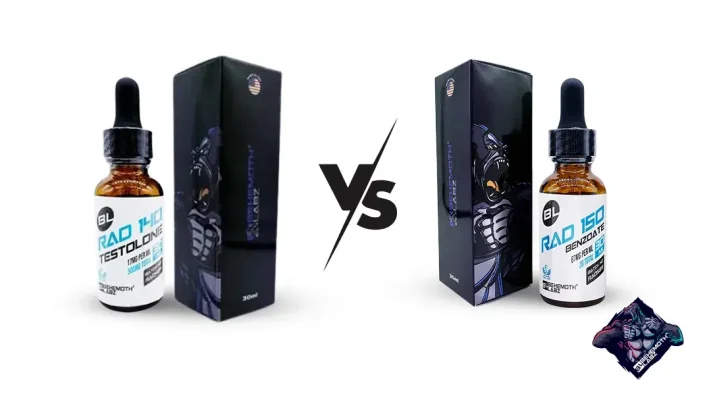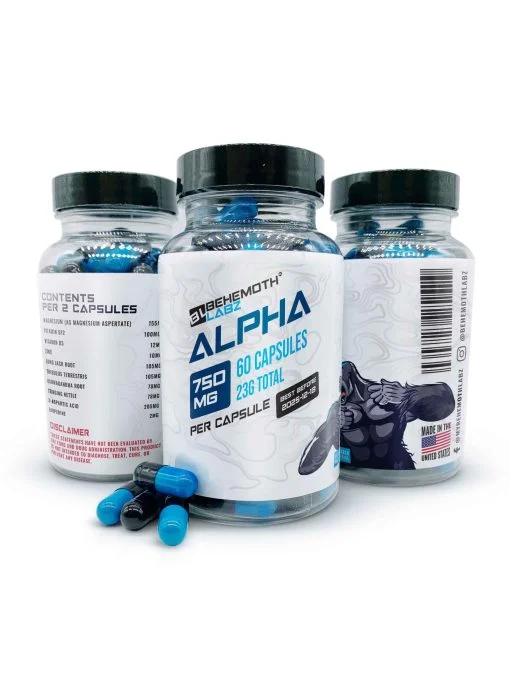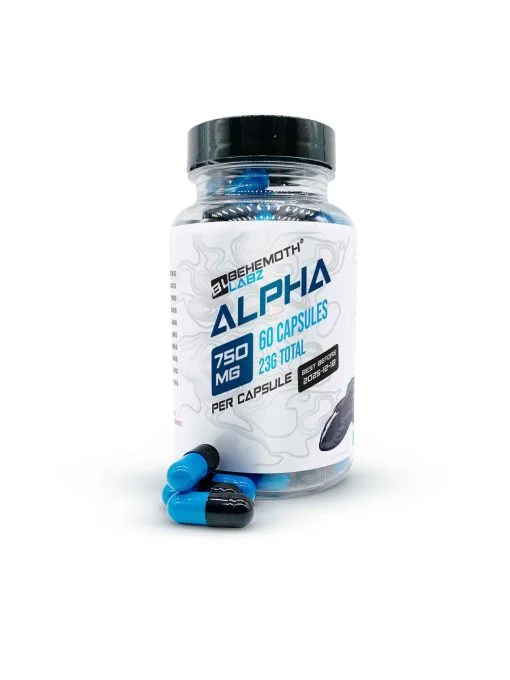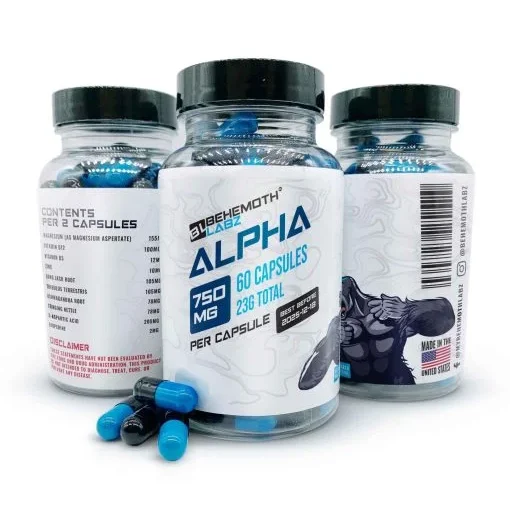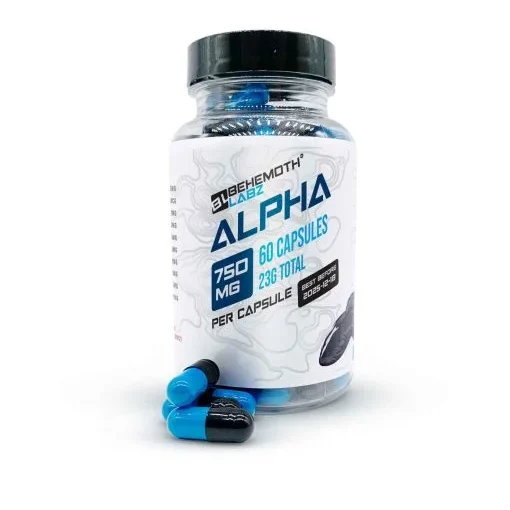Hexarelin vs Sermorelin: Mechanism, Similarities, Differences, and Side Effects
Hexarelin and sermorelin are the two new synthetic peptides. They consist of small chains of [...]
PE-22-28 Peptide: Benefits, Side Effects, and More
Few compounds can potentially influence cell regulation and improve cognitive development in research subjects. PE-22-28 [...]
RAD 150 vs RAD 140 Explained: Potency, Effects, and the Best Option
RAD-140, also known as Testolone, and RAD-150 belong to SARMS. They both have shown promising [...]
